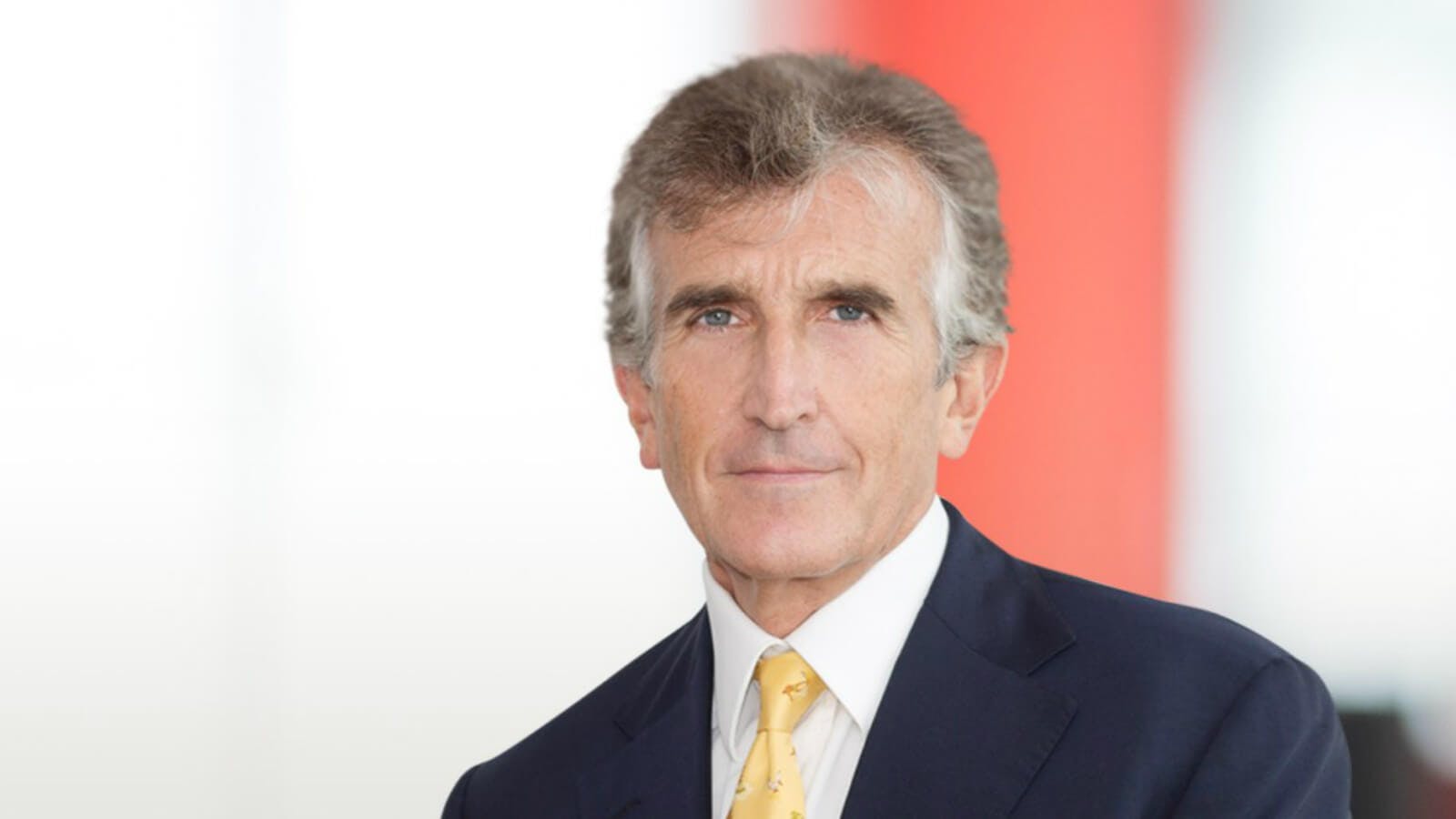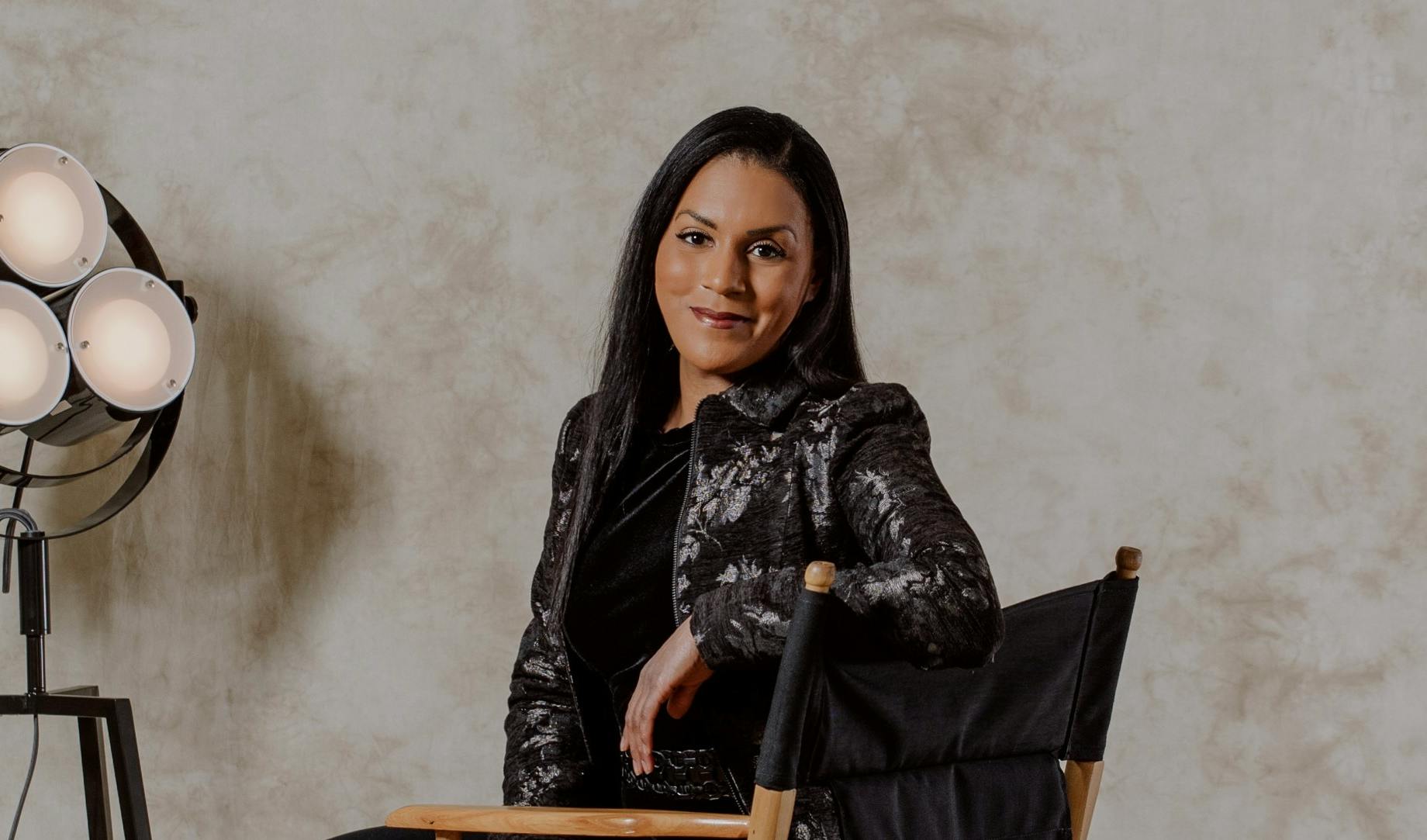
How can a board best add value on strategy | Michele Luzi, Bain Partner and Cello Health plc NED
Bain & Co’s management consultant, Michele Luzi, shares his insights on the delicate relationship between NEDs, executives and the art of strategy.
Michele Luzi has worked at management consultant Bain & Co's London office for almost three decades, now an Advisory Partner focusing on telecoms, media and tech and working on major company transformations, strategy and M&A. Italian-born Michele previously worked in commercial roles at Pirelli and Agusta. He’s been a member of the World Economic Forum, and has an MBA from INSEAD; he was director of LSE-listed tech pharma firm Midatech for a decade, and sits on the advisory board of the University of Bath's School of Management. Michele has recently added a Nurole-recruited NED role at healthcare marketing firm Cello Health plc to his CV. Here Michele discusses the relationship between NEDs and executives - and how NEDs’ delicately-given strategy advice can help firms to flourish.
You’ve a full-on executive career and a burgeoning non-exec and advisory portfolio - what’s your advice on bringing strategic knowledge to a board without treading on the toes of executives who know the business inside out?
It’s a balance - you have to keep up a certain level of challenge without overstepping the mark – in the end, the executives are in the driving seat. It is vital for NEDs to focus on important issues where they individually can really add value - you have to pick your moments.
I think boards can too often misunderstand what strategy is - it’s very often confused with aspiration. Strategy is the art of leveraging your unique strengths to outsmart your competitors in order to achieve your goals, and one of the important roles for NEDs is to tease this out, if unclear, by asking the right questions. Ultimately this pays off handsomely by facilitating dialogue between the company and shareholders, but it must be done constructively. In my experience not all boards are the same on this - some are extremely open to that input, others can be more difficult.
Your background is telecoms and tech, but you’ve a board role at healthcare firm Cello - is that diversity of thought useful?
I think it’s vital - in my view there is often an excessive bias with bringing people from the same industry together, which may result in perpetuating “groupthink”. I believe enormous value can be created by transferring knowledge across different sectors (as is often the case in management consultancy) – a good example is what happened in TMT: 15-20 years ago, telcos started recruiting execs and NEDs from consumer goods firms, given they lacked branding and marketing skills. Today, with technology disrupting all businesses, many consumer goods companies bring in executives and NEDs from the technology sector.
How do you transfer your knowledge to a whole new industry?
You need to do your serious homework on understanding the industry– you don’t need to know all the technical details, but the key is to know enough to be able to isolate the business drivers which create different rules of the game – in this, the training that you get working for a company like Bain is second to none. It’s important to spend sufficient time learning about the business without making it too onerous for the company to teach you! Some firms help you really well, with great inductions days to introduce you to their business - it’s time well-spent.
How can boards best use NEDs’ expertise in strategy, M&A, or performance improvement?
It’s hard because public boards especially are overwhelmed by compliance work - it can take up so much time in board meetings that they under-utilise NEDs’ ability to really look at operations and overall strategy.
I think it is important to make the time, as a minimum, to use NEDs as a sounding board for clarity - for listening to the executive team describing their strategy, and for honing it to ensure that it’s clearly communicated to investors, or the media, say. This process is helpful in forcing a clear articulation of the rationale behind many company moves, including organisational changes, acquisitions, etc.
What other instances of good practice have you seen?
I’ve worked in management positions in Italy and elsewhere in Europe where there’s a higher proportion of relatively large, family-owned companies. Many of these private companies use advisory boards (in addition to traditional fiduciary boards) to give executives access to expertise to tap into, or to talk through difficult issues.
Another idea I’ve seen work well is setting up dedicated off-sites with the NEDs and executives, including executives not on the board, where the time is exclusively focused on strategy and operations rather than compliance.
How did you find using Nurole?
I found it a really efficient tool - both for the individual looking for roles - you have access to opportunities that you normally wouldn’t know of - and for the company, which has access to a pool of resources that they probably hadn’t considered previously. Members have really varied CVs, it’s a great tool to widen diversity and recruitment options.
Now for a few quick-fire Qs…
Favourite book?
I’m a big fan of Ian McEwan. He really draws me in - I don’t like books that are an effort to get into.
Favourite quote?
What doesn’t kill you makes you stronger. I think adversity plays an important role in life.
What’s the best professional advice you ever received?
“The first boss I worked for, at Pirelli, would say that ‘perfect is the enemy of the good’. In business, you sometimes just have to get things done - good advice for me, as I’m a bit of a perfectionist.
What was your biggest break?
Going to business school (INSEAD). it gave me a completely different perspective, I met extraordinary people who became friends for life and I learned to go beyond what I knew in my industry sector. And, being such a global school, it helped me understand and appreciate many different cultures.
Favourite holiday?
The perfect recovery holiday for me is a lazy holiday on a beach….But after a week I get bored and need to move on!
What do you do to have fun?
Cycling, and playing music, mainly rock.
Favourite app?
Twitter. Enforced brevity is a good thing!
When does your alarm go off and how many hours of sleep do you have on average?
I try to sleep seven hours, if I am left to my own devices I get up with the sun, but of course work overrides it!
When did you last cry?
I never cry except when watching movies - Lady Bird was my last tear-jerker.
If you are looking for non-executive director roles, Nurole's innovative recruitment platform can help.





